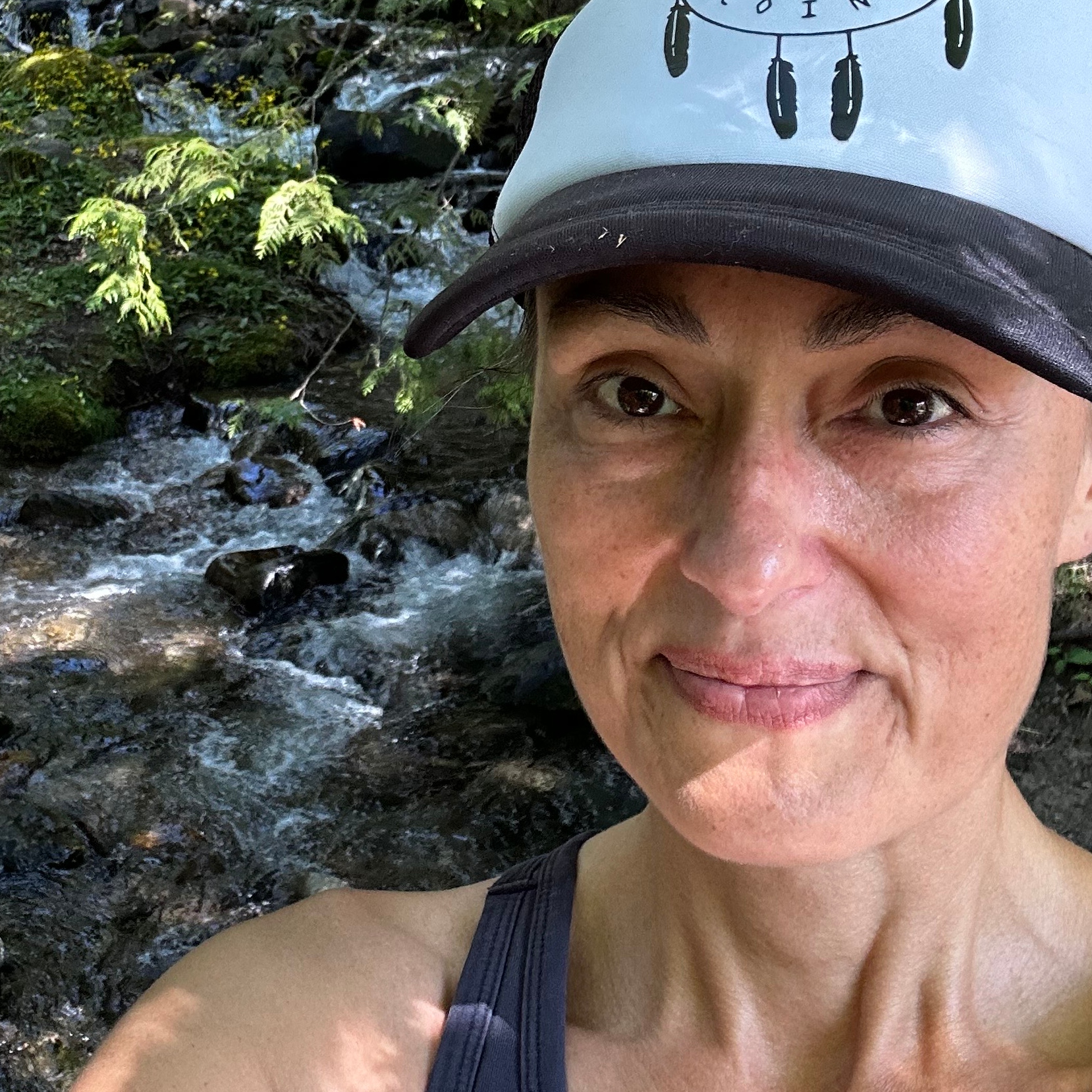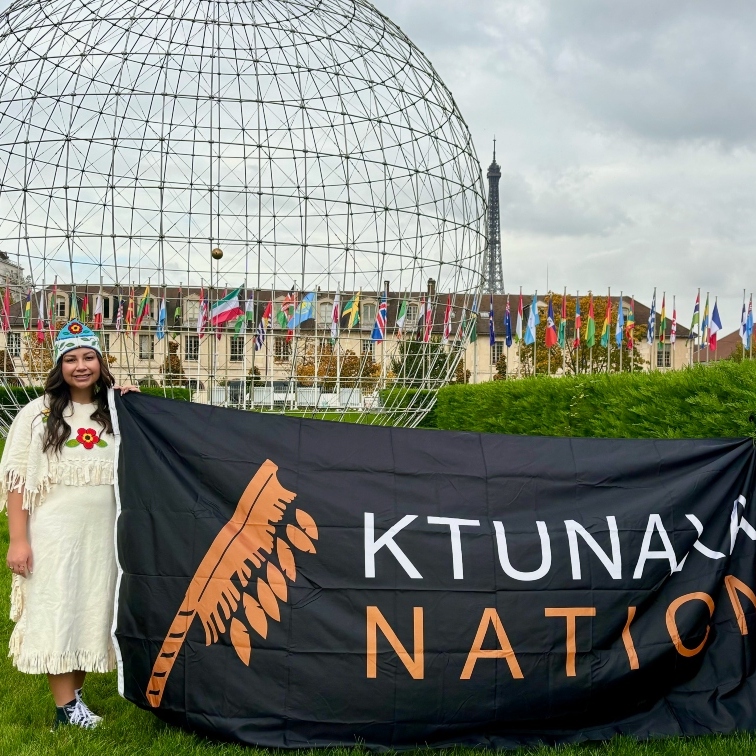Interview success: tips to land the job
Job interviews may be intimidating, but a little preparation can make all the difference

You may be jittery, but always try to stay collected and focused before an interview. — Bartlomiej Szewczyk/photos.com
Congratulations, you’ve got an interview. That means you’ve successfully navigated the application process and the company likes your resumé enough to spend time and resources on the next step. But it doesn’t mean you're hired just yet. The interview is undoubtedly the most nerve-racking piece of a job search, but being prepared and confident can help you create the right impression where it matters.
First steps
Right after adding an interview to your schedule, you need to sit down and research the company. If you haven’t already done so, read up on the available position. Interviewers sometimes ask what you know about a company but, even if they don’t, researching means you can highlight relevant skills and demonstrate an interest in the position. Look up the company’s strengths, clients, competitors and challenges. While you’re at the computer, search your own name and ensure that your social media accounts represent you well.
It also pays to take some time to prepare answers for common questions—it’s easy to find sample lists online. Practising responses out loud can also help—find someone who’s willing to conduct a mock interview with you. Compile a list of your demonstrated skills, past positions and some relevant examples so you’re mentally ready with well-rounded responses.
You’ll be making an important first impression, so it should go without saying that you should be well groomed. Regardless of the company, always dress professionally for an interview. It’s best to arrive at the interview a minimum of five minutes early. Being late will imply that you don’t care about the position, or respect the interviewer’s time. Always be sure to get a good night’s sleep beforehand. Interviewees will benefit from being rested and bright. Also, remember to be polite to everyone you interact with when you arrive for the interview.
Ongoing success
Start your interview with a firm handshake, eye contact and a smile. It’s OK to mention that you’re nervous and to take a few seconds before answering questions, but focus on being amiable and engaging. This is where preparation pays off. Your only job, now, is to show the interviewer why you will be an excellent fit for the position.
At the end of an interview, take any offered opportunity to ask some appropriate questions and then leave a printed list of references. End with the same positive note you started on and let the interviewer know that you’re looking forward to hearing back. It’s also good practice to write a followup thank you email.
There’s nothing more to do, at this point. Just relax and wait for a call. You can rest assured knowing that you’ve given the interview your very best efforts.






Comments